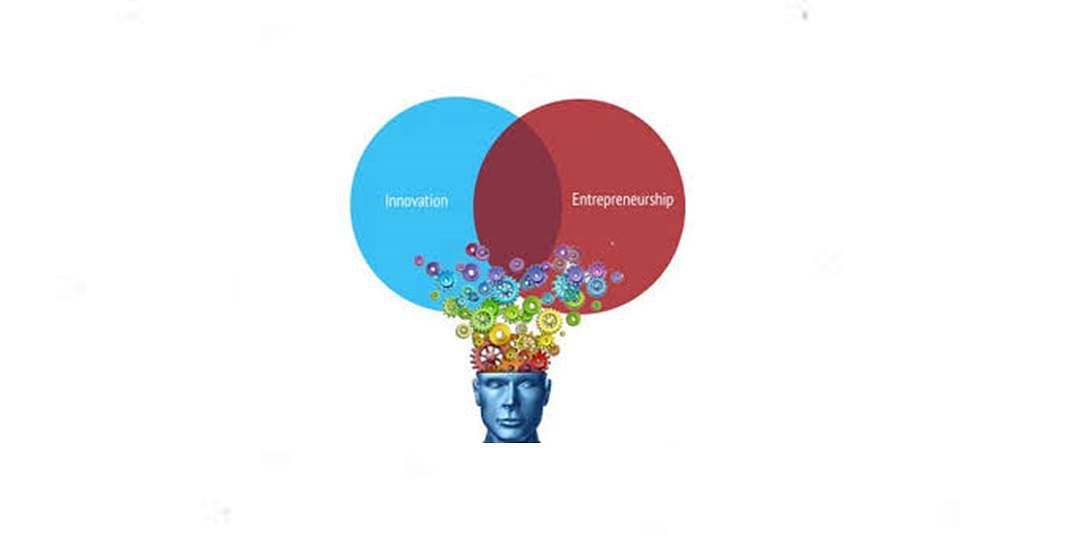Find complete information for including eligibility criteria, deadlines, application procedure for Indian Colleges
Being the third-largest startup ecosystem in the world India has more than 50,000 startups operating currently. It is growing at an accelerated pace at 30% and holds a promising future. Due to the soaring popularity of the startup system, many young students are exploring entrepreneurship as a career right after completing their graduation or post-graduation instead of seeking employment as salaried professionals.
They expect educational institutes and universities to offer entrepreneurship courses that could help them build necessary skills and competencies, introduce them to the nitty-gritty of startup business and provide them with a launchpad for their business ideas, products or processes. There are several institutes that offer dedicated entrepreneurship development programs or subjects in their curriculum and encourage student-led innovations/ entrepreneurial activities on campus.
The coming years will witness a higher number of institutes assisting budding and even second/third generation entrepreneurs to pursue their business careers right from the college campus. Let’s take a look at trends that will shape up innovation and entrepreneurship education ecosystem:
- Experiential Learning to Develop an Entrepreneurial Mindset
Educational institutes will design their curriculum in a way that it will push students out of the classrooms and embrace learning by doing it. Projects such as building business models, conduct business feasibility analysis help the students to face competition and get exposed to real-world market scenarios. Innovation and experimentation at the early stages will be the key for students to identify hands-on entrepreneurial opportunities and spend their time on building and executing a business idea.
- Setting Up of E-Cells and Incubation Centres
Currently, only a handful of educational institutes have e-cells and incubation centers where students can tinker and play with innovation, can build prototypes and validate their ideas. The next big wave of change in innovation and entrepreneurship education will see more institutes setting up e-cells and incubation centers to hand-hold students to boost their innovation potential and support them to launch a startup from the pre-ideating stages and then move them out as established businesses. Students will be able to access entrepreneurial resources in terms of infrastructure, mentors, funding, networking, technology, tools, materials and every kind of professional support that is required to set up and scale a successful new business.
- Participation in Student Entrepreneurship Boot Camps
Educational institutes, especially those who have money or space constraints to offer dedicated entrepreneurial education on campus will consider sending their students to startup boot camps. These boot camps groom young students on the nuances of entrepreneurship, right from developing a business mindset and idea generation to writing business plans, pitch ideas in front of investors and meet mentors. These boot camps are intensive programs that last over a week or even a month and give rewarding opportunities to students to create, innovate, collaborate or compete on a national or global platform.
- More Inclusion of Female Students
According to the Sixth Economic Census, women constitute around only 14% of the total entrepreneurship and there are only 10% female founders in the startup ecosystem in India. The Indian government and entrepreneurial ecosystem have often acknowledged that women entrepreneurs can be powerful leaders to bring progressive social, economic and political changes in the country. Educational institutes will make conscious efforts to encourage female entrepreneurship by introducing women-centered programs/courses and provide them with equal opportunities to give wings to their ideas.
- Policymakers will Play a More Integral Role
Last year, the Delhi government launched the Entrepreneurship Mindset Curriculum Framework curriculum for classes IX-XII students of its government schools. The Ministry of Skill Development and Entrepreneurship is working on a scheme that will foster a world-class entrepreneurship curriculum through mainstream educational institutions, Massive Open Online Courses (MOOCs) and entrepreneur hubs across all states.
These trends will go a long way in cementing India’s top position in entrepreneurship. It is necessary that academia, businesses, and policymakers work in tandem and act immediately to achieve this.









